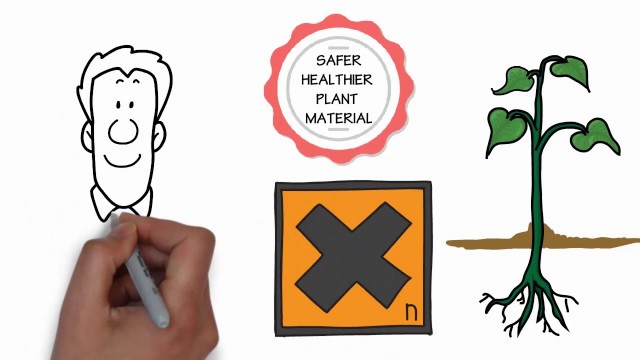

04:58
Jun 1, 2021
2
3
'Link to website: www.AAExtracts.com Link to Amazon page: https://www.amazon.com/dp/B07M71CW64?ref=myi_title_dp Products available on Amazon: https://www.amazon.com/s?k=anti-aging+extracts&ref=nb_sb_noss_1 To learn more about botanical (herbal) extracts visit www.AAExtracts.com. If you want to formulate anti-aging products that work, you must use new technology and understanding of which extracts work, and which one don’t. You will learn how to optimize the selection of your anti-aging, bioactive botanical extracts. This video series will benefit cosmetic formulators, homemade DIY cosmetic enthusiasts and making cosmetics for the professional. Learn to avoid extracts that don\'t benefit skin care products like tinctures and powdered extracts. Plants offer a multitude of properties that benefit anti-aging extracts. There are many studies that confirm that skin aging can be slowed down or even reversed to some degree. We also know that if the extracts aren’t made correctly, they will have little or no benefit for your products. EXTRACTION PROCESSES There doesn’t seem to be a consensus on strict manufacturing practices for the different extraction methods. Some do and some don’t use heat, some use alcohol and some use various solvents. What we know for anti-aging cosmeceuticals is that they obtain the greatest benefit from non-denaturing extraction methods and solvents. This is a critical understanding when a cosmetic formulator is selecting plant material to achieve certain objectives for their skin care products. Denatured, meaning killed or dead, products lose most of the bioactive plant properties. Anti-aging products benefit from non-denatured extracts via proteins, amino acids, oils, peptides, enzymes, natural vitamins and many other biological properties. On the other hand, products that have been heated at any phase of the processing, or have had alcohol as a solvent will be denatured. Denatured extracts will not contain proteins, enzymes, water soluble vitamins, oils and many other naturals compounds that benefit skin care products. TRADITIONAL MEDICINE Wikipedia “According to the Institute for Traditional Medicine, common methods for the preparation of herbal medicines include decoction, powdering, and extraction with alcohol, in each case yielding a mixture of substances. Decoction involves crushing and then boiling the plant material in water to produce a liquid extract. Powdering involves drying the plant material and then crushing it to yield a powder that can be compressed into tablets. Alcohol extraction involves soaking the plant material in cold wine or distilled spirit to form a tincture” TINCTURE Wikepedia “A tincture is typically an extract of plant or animal material dissolved in ethyl alcohol (ethanol). Solvent concentrations of 25–60% are common, but may run as high as 90%.[1] In chemistry, a tincture is a solution that has ethanol as its solvent. In herbal medicine, alcoholic tinctures are made with various ethanol concentrations”. This method denatures the plant material. Tinctures being alcohol based should be avoided, unless you target specific compounds that will benefit you cosmeceuticals. Some, we don’t believe correctly, refer glycerin or vinegar-based solvents as tinctures as well. When glycerin (glycerine) is used it is a glycerite. When vinegar is used it is basically an extract. POWDERS may or may not have been denatured. Most powders use alcohol to extract the plant properties, then dried under vacuum. There is likely traces of solvent in the powdered extract. Cosmetics must list alcohol on their ingredient list and the extract will be denatured. Traces of solvents will remain in the extract, which should be tested. ANTIQUATED MANUFACTURING AND TEACHINNG TECHNIQUES Many in the extract industry from herbal medicine schools to product manufacturers use ancient technology and methods. Mostly adding the plant material to a solvent then simply soaking the material then filtering the final product. New methods employ various extraction techniques depending on the material, leaves are different than bark, and what they are trying to extract, alkaloids and phenols are different than proteins and enzymes. New extraction techniques employ a multitude of various extraction techniques such as CO2, pumping, mixing, controlled temperatures, strategic addition on solvents, non-denaturing solvents, avoiding heat, greater understating of he benefits of raw organic plant material, centrifuges, soaking time etc.'
Tags: diy cosmetics , Anti-aging extracts for making cosmetics , cosmetic formulators
See also:




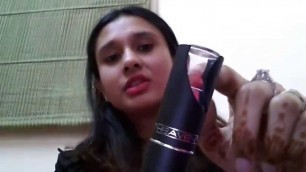
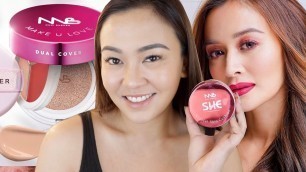
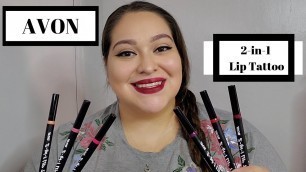
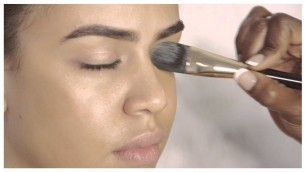


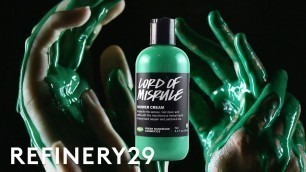
!['[TF2] Top 10 Best Pyro Cosmetic Sets!'](https://cdn-img01.cosmeticsvlog.com/images/3-m/636/63686_m.jpg)




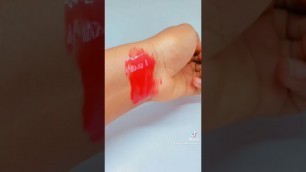
comments